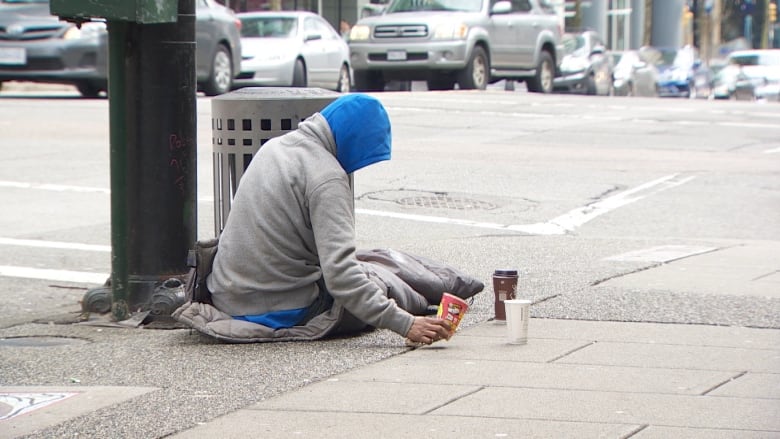Fair & Lovely to rebrand; Air Canada to allow more COVID refunds: CBC’s
Miss something this week? Don’t panic. CBC’s Marketplace rounds up the consumer and health news you need.
Want this in your inbox? Get the Marketplace newsletter every Friday.
Unilever drops ‘Fair & Lovely’ name — but not the product
Unilever is making big headlines this week for removing the words “fairness,” “whitening” and “lightening” from its products, which include Fair & Lovely — an extremely popular cream, especially in the South Asian community.
In a release, the company announced it’s going to drop that name in the next few months and wrote: “We recognize that the words ‘fair,’ ‘white’ and ‘light’ suggest a singular ideal of beauty that we don’t think is right and we want to address this.”
The company has come under fire for its hypocrisy in the last few weeks as the Black Lives Matter movement has grown to include reviews of systemic racism across many corporations.
As we reported in a recent investigation, skin lighteners are a growing global business expected to reach more than $31 billion US by 2024. Marketplace found that skin-lightening products from some other brands contained dangerous and unlisted ingredients, including mercury and hydroquinone. Read more about the upcoming name change.

Air Canada now says some passengers entitled to refunds
The company has quietly changed its refund policy to allow some customers whose flights were cancelled due to the COVID-19 pandemic to recoup their cash — but not passengers whose trips originated in Canada.
Customers with flights originating in the European Union, Switzerland and Iceland are now “entitled to receive a refund” due to the pandemic, states a document posted to Air Canada’s website on June 15.
Many Canadians have expressed frustration at Air Canada’s decision to offer credits instead of refunds for a majority of COVID-related flight cancellations. Read more about the policy change.

Declining cash use is hurting society’s most vulnerable
As more businesses ban or recommend against paying with cash, people whose livelihoods depend on it are struggling. That includes many people who live and work on the street, like panhandlers, street musicians and performers — many of whom are paid with cash and don’t use bank accounts or credit cards. “It’s going to again marginalize and exclude them from civil society,” said Jeff Karabanow, a social work professor at Dalhousie University in Halifax. Read more about cash use during the pandemic.

Read More: Fair & Lovely to rebrand; Air Canada to allow more COVID refunds: CBC’s
